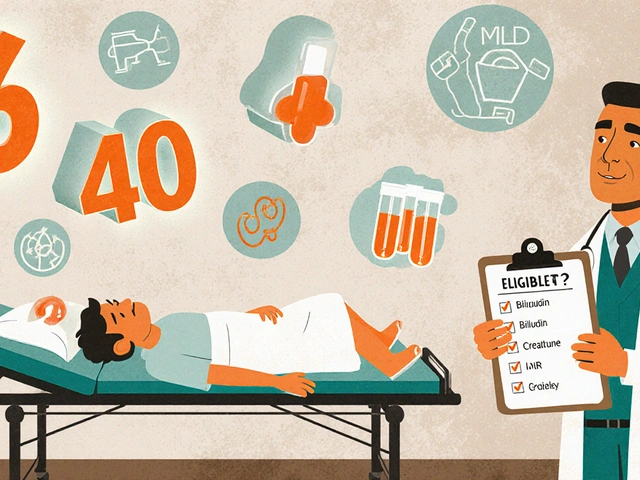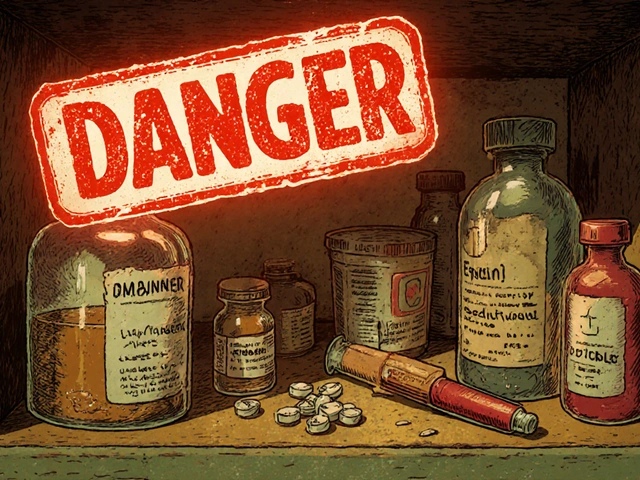Obesity: what it is, why it matters, and real fixes that work
More than 650 million adults worldwide have obesity. That number sounds huge because it is — and it matters because excess weight often brings real health problems like diabetes, high blood pressure, and worse sleep. This page gives straightforward, useful stuff: how to tell if weight is a health risk, simple actions that help, when to get medical help, and related articles on Apostrophe Pharma Guide.
Obesity happens when your body stores more fat than is healthy for you. Causes are a mix: consistent calorie intake above what you burn, genetics, medications, poor sleep, long-term stress, and some medical conditions. Nobody gets to blame here — the goal is practical changes, not guilt.
How to tell if weight is a health risk
Quick checks you can do: BMI and waist size. BMI 25–29.9 is overweight; 30 or higher is obesity. Measure your waist: over 40 inches in men and over 35 inches in women raises heart and diabetes risk. Those measures aren’t perfect, but they flag when you should act. Also watch for high blood pressure, high blood sugar (A1c), and bad cholesterol — these are the real danger signs.
If you have any of those risk markers, or if your weight is stopping you from doing normal things, see a clinician. A primary doctor can order tests, suggest medication if needed, and refer you to a dietitian or specialist.
Practical steps that actually help
Start with small, consistent changes you can keep doing. Quick, strict diets often fail. Try these realistic moves:
- Eat more protein and fiber at meals — they keep you full longer. Think eggs, beans, yogurt, veggies, and whole grains.
- Move regularly. Aim for about 150 minutes of moderate activity per week and add two strength sessions to keep muscle.
- Sleep and stress matter. Aim for 7–8 hours and use simple stress tools: short walks, breathing, or a quick break from screens.
- Track one thing: steps, meals, or weekly weight. Small tracking keeps you honest without turning life upside down.
- Talk to a registered dietitian — they’ll make a plan that fits your life and medicines.
If lifestyle changes aren’t enough, treatments exist. Some prescription meds can help with weight loss; newer drugs like GLP-1 receptor agonists (for example, semaglutide) work for many people, but they aren’t right for everyone and need a doctor’s guidance. Bariatric surgery is an option when BMI is high (usually 40+, or 35+ with health problems) and other approaches haven’t worked.
Want more context? Read our related posts on weight-related health: “Bempedoic Acid vs Atorvastatin” for cholesterol questions, “Exploring Sitagliptin Alternatives” for diabetes links, and “The Vital Role of Regular Cholesterol Screenings” to keep track of heart risk. If you’re unsure where to start, book a visit with your primary care doctor and bring one goal — even small wins add up.

The Connection Between Obesity and Joint Damage
As a blogger, I've recently discovered the connection between obesity and joint damage. It turns out that carrying extra weight puts significant strain on our joints, especially the knees and hips. This pressure can lead to joint damage, causing pain and limiting mobility. Additionally, obesity increases inflammation in the body, which can further contribute to joint deterioration. It's essential to maintain a healthy weight to protect our joints and overall health.
Read More




